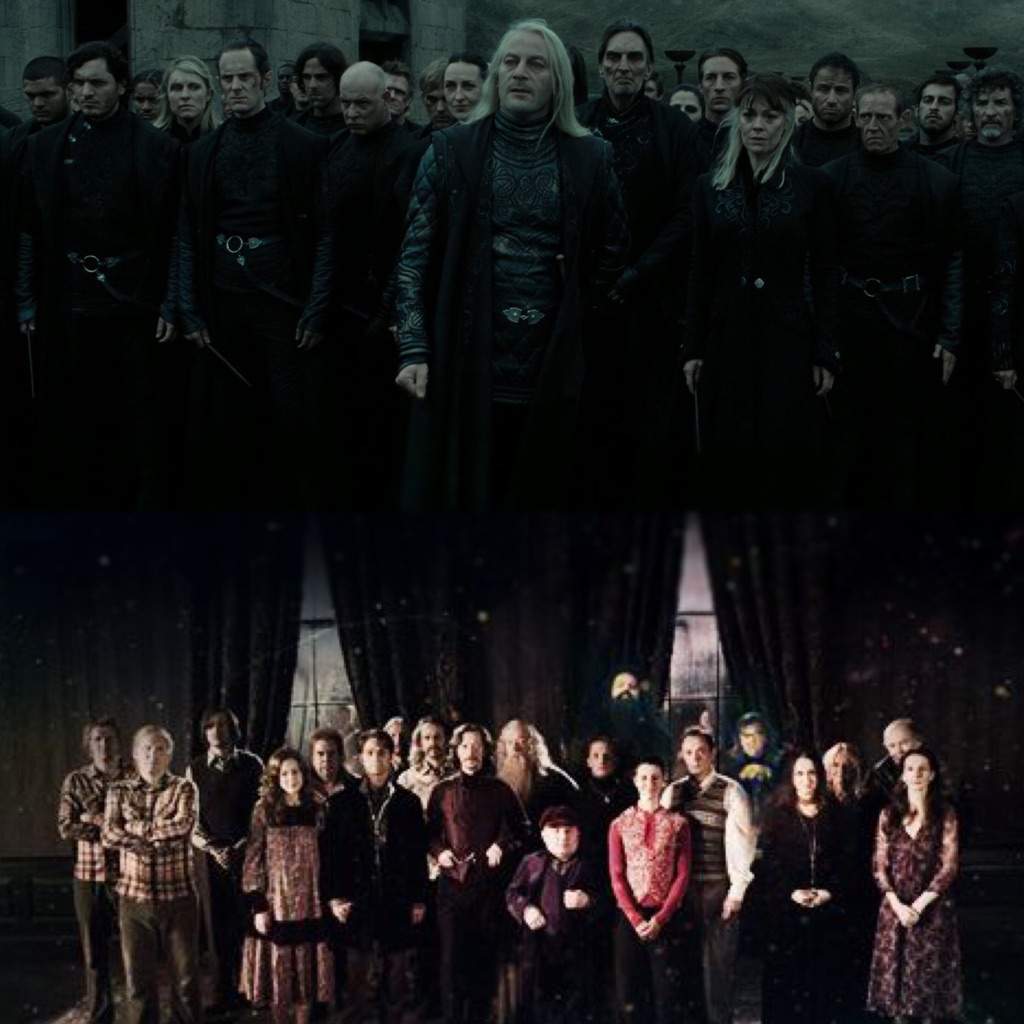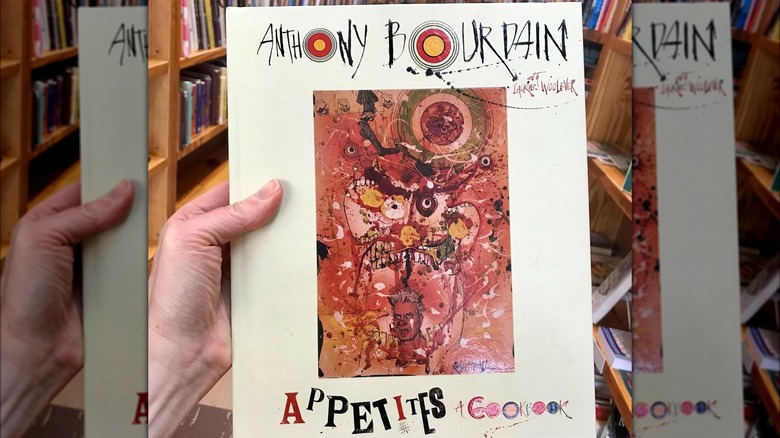The Harry Potter series, penned by J.K. Rowling, is often celebrated for its imaginative storytelling, relatable characters, and the timeless battle between good and evil. However, beneath the surface of this beloved franchise lies a rich tapestry of dark themes that explore complex issues such as death, prejudice, trauma, and the moral ambiguity of choices. This article delves into these darker aspects, offering insights and examples that reveal the depth of Rowling’s narrative.
The Shadow of Death
One of the most prominent dark themes in the Harry Potter series is the omnipresence of death. From the very beginning, the series introduces readers to the loss of Harry’s parents, an event that shapes his character and his journey throughout the books.
- Harry’s Orphanhood: Harry’s status as an orphan is not just a plot device but a deep exploration of grief and loss. His journey is marked by a longing for familial connection, which resonates with readers who have experienced similar losses.
- Death as a Constant Presence: Key characters face death throughout the series, including notable figures like Sirius Black, Dumbledore, and Fred Weasley. These losses serve to underscore the series’ stakes and the reality of a world at war.
- The Deathly Hallows: The titular object represents humanity’s obsession with death and the desire to conquer it. The moral implications of seeking immortality are explored through the character of Voldemort, who embodies the dangers of such pursuits.
Through these narratives, Rowling invites readers to grapple with their own perceptions of mortality and the impact of loss on the human experience.
Prejudice and Discrimination

The Harry Potter series also tackles themes of prejudice and discrimination, reflecting real-world social issues. The conflict between pure-blood wizards and Muggle-borns serves as an allegory for racism and bigotry.
- House Elves and Their Plight: The treatment of house-elves, particularly through the character of Dobby, highlights issues of servitude and inequality. The series critiques these social hierarchies and advocates for the rights of marginalized groups.
- Blood Purity: The ideology of blood purity, championed by Voldemort and his followers, serves as a metaphor for racial superiority. This theme reflects the real-world consequences of such beliefs, leading to division and violence.
- Hermione Granger’s Activism: Hermione’s efforts in founding S.P.E.W. (Society for the Promotion of Elfish Welfare) illustrate the importance of activism and standing up against injustice, promoting a message of equality and empathy.
Through these examples, Rowling challenges readers to confront their own biases and the societal structures that perpetuate inequality.
The Impact of Trauma

Another significant dark theme in the series is trauma and its lingering effects. Characters like Harry, Neville, and even Voldemort himself are shaped by their traumatic experiences, demonstrating how past events can influence present behavior and relationships.
- Harry’s PTSD: Harry exhibits signs of post-traumatic stress disorder (PTSD) throughout the series, particularly following the traumatic events of the Triwizard Tournament. His struggles with anxiety and nightmares reflect the real psychological impact of trauma.
- Neville Longbottom’s Struggles: Neville’s character arc represents the effects of childhood trauma, particularly through the abuse he faces from his grandmother and the emotional scars left by his parents’ fate at the hands of Bellatrix Lestrange.
- The Cycle of Violence: Voldemort’s own traumatic past contributes to his villainy, illustrating how unresolved trauma can lead to destructive behaviors and a desire for power. The series thus explores the cycle of violence and the importance of healing.
These portrayals encourage readers to understand and empathize with those who have experienced trauma, promoting a message of healing and resilience.
Moral Ambiguity and the Complexity of Choices

The Harry Potter series is rife with moral ambiguity, forcing characters and readers alike to confront the complexities of choice. The line between good and evil is often blurred, creating a nuanced narrative that reflects real-life dilemmas.
- Severus Snape’s Redemption Arc: Snape’s character challenges the notion of absolute morality. His actions, driven by love and regret, demonstrate that people can embody both good and evil qualities, prompting readers to reconsider their judgments.
- Harry’s Choices: Harry’s journey is marked by difficult choices, particularly in “The Deathly Hallows,” where he grapples with the decision to sacrifice himself. This theme reinforces the notion that the right choice is not always the easiest or most obvious.
- The Role of Authority: The series critiques authority figures, particularly in the Ministry of Magic, highlighting how those in power can be corrupt or misguided. This challenges readers to think critically about the systems that govern their lives.
Through these complex characterizations and dilemmas, Rowling encourages readers to reflect on their own values and the intricacies of their decisions.
Conclusion: The Enduring Legacy of Dark Themes in Harry Potter

The Harry Potter series is much more than a tale of magic and adventure; it is a profound exploration of dark themes that resonate with readers of all ages. Through its examination of death, prejudice, trauma, and moral ambiguity, the series encourages critical reflection on societal issues and the human condition. Rowling’s ability to weave these themes into a narrative that is both engaging and thought-provoking ensures that the series remains relevant and impactful.
As readers navigate the complexities presented in the series, they are invited to confront their own beliefs and the darker aspects of life, ultimately fostering empathy, understanding, and a greater awareness of the world around them. The magic of Harry Potter lies not only in its spells and sorcery but also in its capacity to illuminate the shadows that exist within us all.


